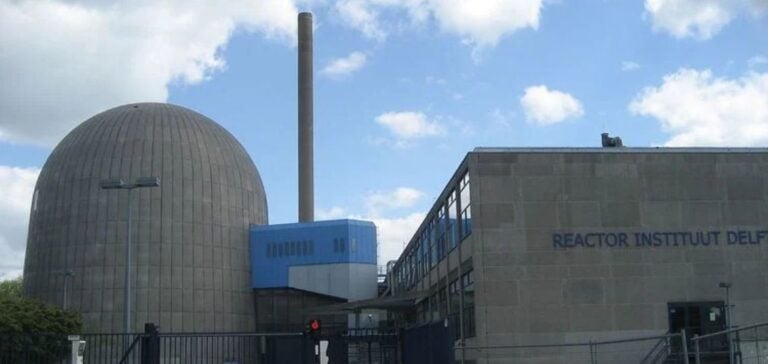INSARR, in its previous report on the Delft Reactor Institute (RID) at Delft University of Technology, noted a prioritization of safety during the significant refurbishment and modernization of the Hoger Onderwijs reactor in the Netherlands. However, further improvements were needed in terms of organizational structure, safety procedures and documentation.
INSARR application and follow-up
At the request of the Dutch regulatory body, the Nuclear Safety and Radiation Protection Authority, an INSARR follow-up mission was carried out for the Hoger Onderwijs reactor. The mission confirmed that RID had enhanced organizational efficiency and operational programs through a number of improvements.
Implementation and evaluation of recommendations
The follow-up report concluded that safety had been improved thanks to the implementation of previous recommendations. However, there is still a need to address recommendations relating to operational radiation protection and commissioning, following major modifications to the reactor.
News and tests in progress
Recently, the 3 MWt pool-type reactor was shut down for six months to install a cold neutron source, and resumed operations to complete commissioning of the new source. The commissioning tests still need to be fine-tuned, particularly in terms of reassessing operational limits and conditions specific to the test phases.
Improvements continue to be necessary, particularly in the revision of zone classification and zoning systems for radiological protection, taking into account the laboratories located on the reactor site. The results indicate a continuing need for safety improvements in these specific areas.






















